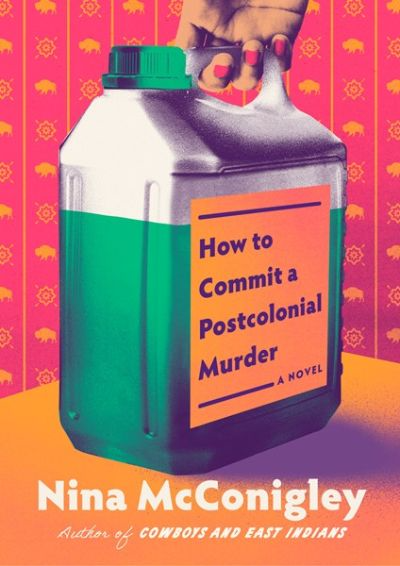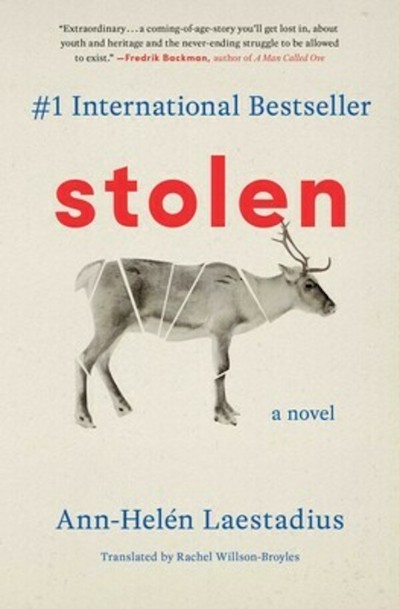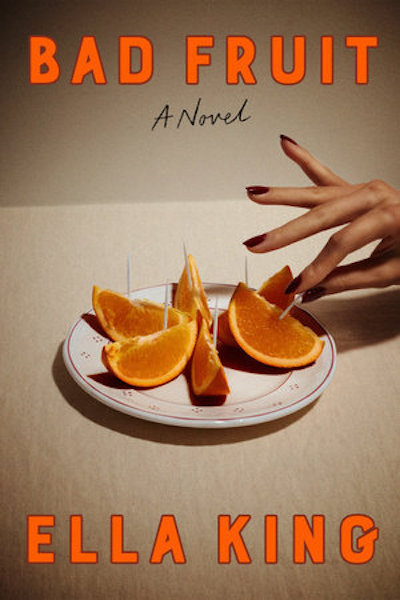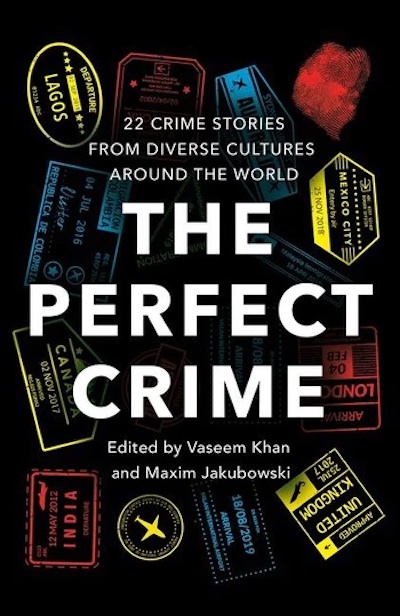“The Ayyars dipped into our lives like a tea bag into the whiteness of a porcelain cup. They muddied the water and made our house feel small….” In the summer of 1986, tween narrator Georgie Ayyar Creel; her sister, Agatha Krishna; and their amma (mother) welcome newly arrived relatives from India to their cramped home in rural Wyoming. Moving into Agatha Krishna’s bedroom are Vinny Uncle, Amma’s beloved but useless younger brother, whom she has not seen in 14 years since marrying geologist Richard Creel; Auntie Devi, Vinny’s bossy wife; and their son, Narayan. Tensions quickly arise, and so does the sexual abuse when their uncle targets Agatha and then Georgie: “Vinny Uncle made us shadow people.” Forced into silence by their abuser, the sisters decide he must die. The accidental death of a cat provides the murder weapon and sets the siblings’ deadly plot into motion. This highly original debut novel by the author of the award-winning short story collection Cowboys and East Indians is a darkly funny coming-of-age tale with a touch of murder and a haunting twist. Celebrating girlhood and sisterhood in the 1980s, it’s also a touching portrait of Indian-American teens, caught between cultures, in the American West.
Cultural Heritage
Elsa knows you have to keep your hands in the sled so they’re not sliced by sharp ice. She’s learning to sew gákti, her Sámi family’s traditional clothes. She’s even big enough to surprise her parents by skiing to the reindeer corral and feeding the animals by herself. But one day, when she gets there, in the opening of this unusual and immersive novel, Nástegallu, the reindeer her father has given her as her own, has been murdered. More terrifying, the killer stares at Elsa and draws his finger across his throat to show that she’d better keep her mouth shut. The lonely terror triggered by this gruesome event seeps into Elsa’s bones and shapes her life for the decades spanned by the book. As a frightened child and later a fledgling Sámi-rights activist, Elsa stands on the tenuous border between the indigenous reindeer herders who are trying to maintain their traditional way of life and the more modern Swedes around them who treat the “bloody Lapps” (Lapp is a slur) as either entitled leeches on the state or quaint artifacts of pastoral innocence. Always at the center are the reindeer and the serial killing of them, a destruction of Sami food, transport, heat, and sense of self. A reindeer serial killer? I know. But this is one of those books that will draw you in, teach you, and stay with you. Sámi journalist Laestadius’s adult debut, this book won Sweden’s Book of the Year prize in 2021 and is being adapted into a film that will be on Netflix in 2024
Lily lives in Greenwich, England with her Singaporean mother and white English father, but really she lives entirely in a world of her mother’s creation and control. The teen must wear only pink sweaters to please mama, and she even dyes her hair black, wears colored contact lenses, and uses makeup to look more Chinese instead of the ang moh gui, or white devil, her mother accuses her of being. She’s also forced to taste-test spoiled orange juice to make sure it’s just the right level of rancid that mama enjoys, a bizarre task that will be readers’ first signal that something is seriously off here. The emotionally and sometimes physically abused teen is about to get out as she’s been accepted at Oxford University to study law—guess who chose that—but her subconscious seems to have other plans. What at first look like panic attacks turn out to be flashbacks to traumatic events—but ones that happened to mama. How Lily can have memories of her mother’s past, what made mama this way, and whether Lily can ever thwart her nightmare mother and useless father are puzzles that will keep readers rapt right till the end of Singaporean author King’s dark exploration of “the terrible economics of responsibility and blame.” This is one case in which the characters don’t have to be likable for the book to be brilliant. From the awful-mother-tiptoeing-daughter dynamic to weirdness with oranges, Bad Fruit is a perfect readalike for Joanne Harris’s Five Quarters of the Orange.
An anthology of 22 short stories that are selected to witness, as Maxin Jukubowski writes in the introduction, “an explosion of crime and mystery writing by writers of all colours and ethnic backgrounds, winning awards and enjoying critical acclaim, as well as opening up a whole new readership in the process.” And this marvelous collection certainly doesn’t disappoint, with crime stories from diverse cultures, featuring works by S.A. Cosby, Silvia Moreno-Garcia, Rachel Howzell Hall, Sanjida Kay, Walter Mosley, and so many more. It’s fun to encounter authors you think you know trying out something entirely new, such as Abir Mukherjee, who leaves behind 1920s India for a very contemporary tale of crime that ends in a most pleasing way. In fact, many of the stories are full-blown mysteries, just boiled down to their essence, with the shocking, O. Henry-like twists that readers love. Oyinkan Braithwaite’s “Jumping Ship,” a brilliant recounting of a love affair that goes way, way off the rails is so surprising it demands the reader give it a second, or even third, reading. A surefire way to introduce readers to authors, The Perfect Crime is a required purchase for all public libraries.




